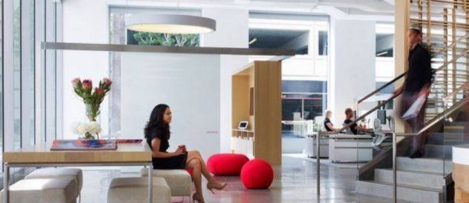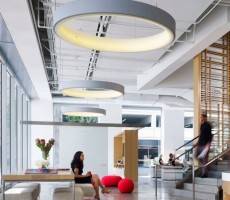June 7, 2016
Senior management input required to promote workplace wellbeing 0
 Just a third of American workers say they regularly participate in health promotions provided by their employer, despite the prevalence of workplace wellness programmes. According to the American Psychological Association a key part of the solution is increasing senior leadership support. In the APA’s 2016 Work and Well-Being Survey, less than half of working Americans (44 percent) reported that the climate in their organisation supports employee well-being, and 1 in 3 admitted to being chronically stressed on the job. However, nearly three-fourths (73 percent) of employees with senior managers who show support through involvement and commitment to well-being initiatives said their organisation helps employees develop a healthy lifestyle, compared with just 11 percent who work in an organisation without leadership support. Among all employees surveyed, 33 percent said they typically feel tense or stressed out during the workday, and only 41 percent said their employer helps workers develop and maintain a healthy lifestyle.
Just a third of American workers say they regularly participate in health promotions provided by their employer, despite the prevalence of workplace wellness programmes. According to the American Psychological Association a key part of the solution is increasing senior leadership support. In the APA’s 2016 Work and Well-Being Survey, less than half of working Americans (44 percent) reported that the climate in their organisation supports employee well-being, and 1 in 3 admitted to being chronically stressed on the job. However, nearly three-fourths (73 percent) of employees with senior managers who show support through involvement and commitment to well-being initiatives said their organisation helps employees develop a healthy lifestyle, compared with just 11 percent who work in an organisation without leadership support. Among all employees surveyed, 33 percent said they typically feel tense or stressed out during the workday, and only 41 percent said their employer helps workers develop and maintain a healthy lifestyle.


































May 30, 2016
Why the greatest places to work are also safe by design 0
by Justin O'Sullivan • Comment, Facilities management, Wellbeing, Workplace design
(more…)